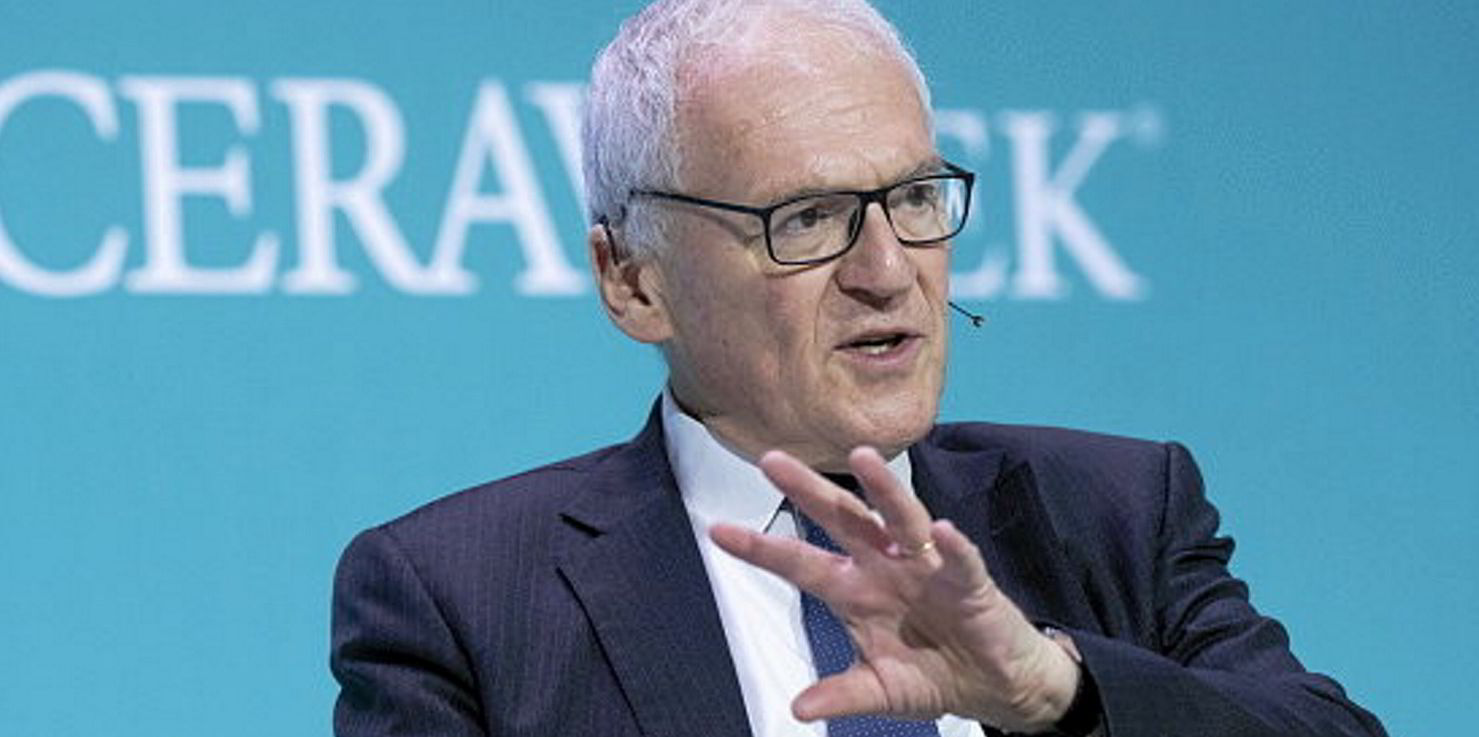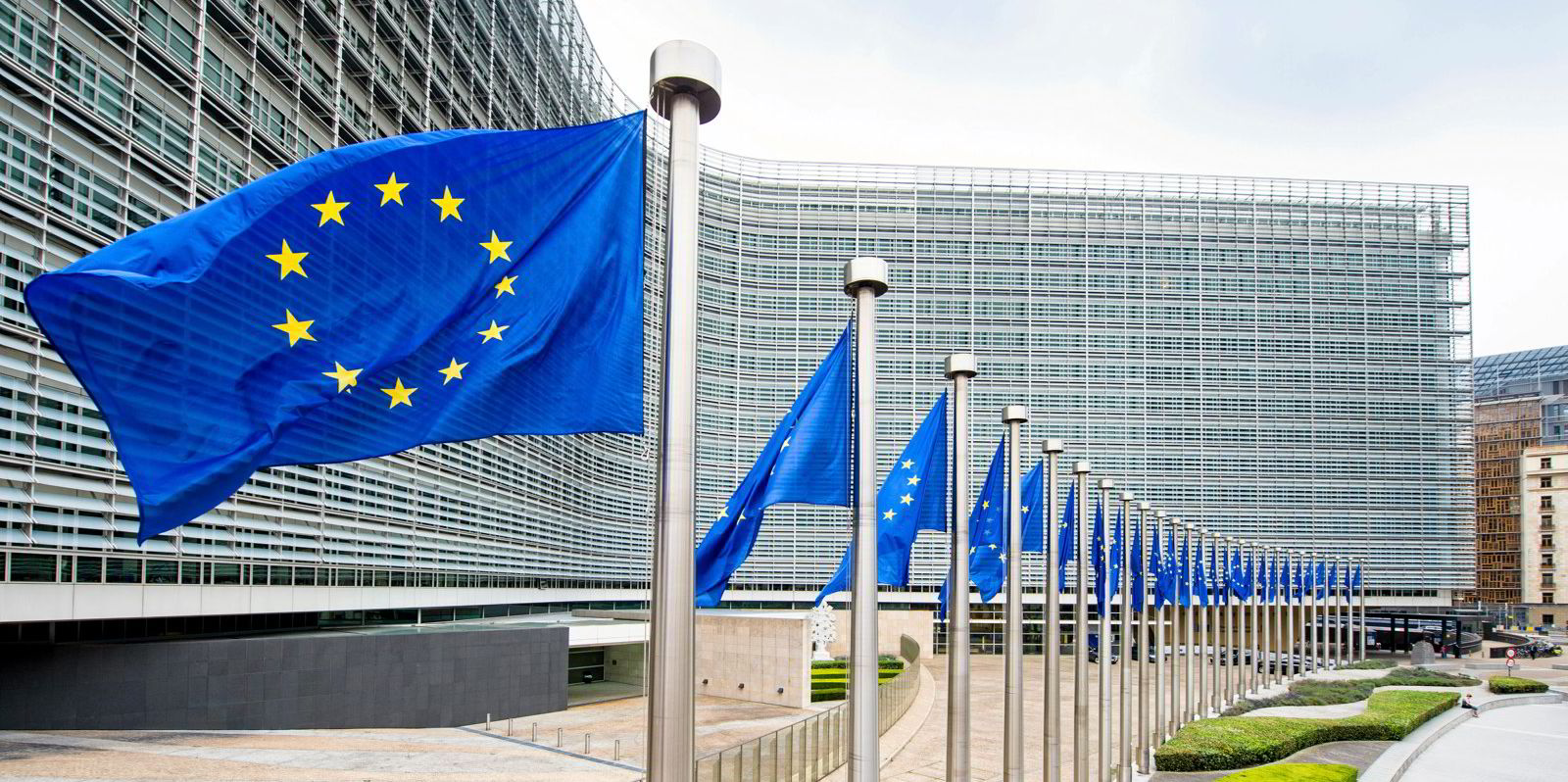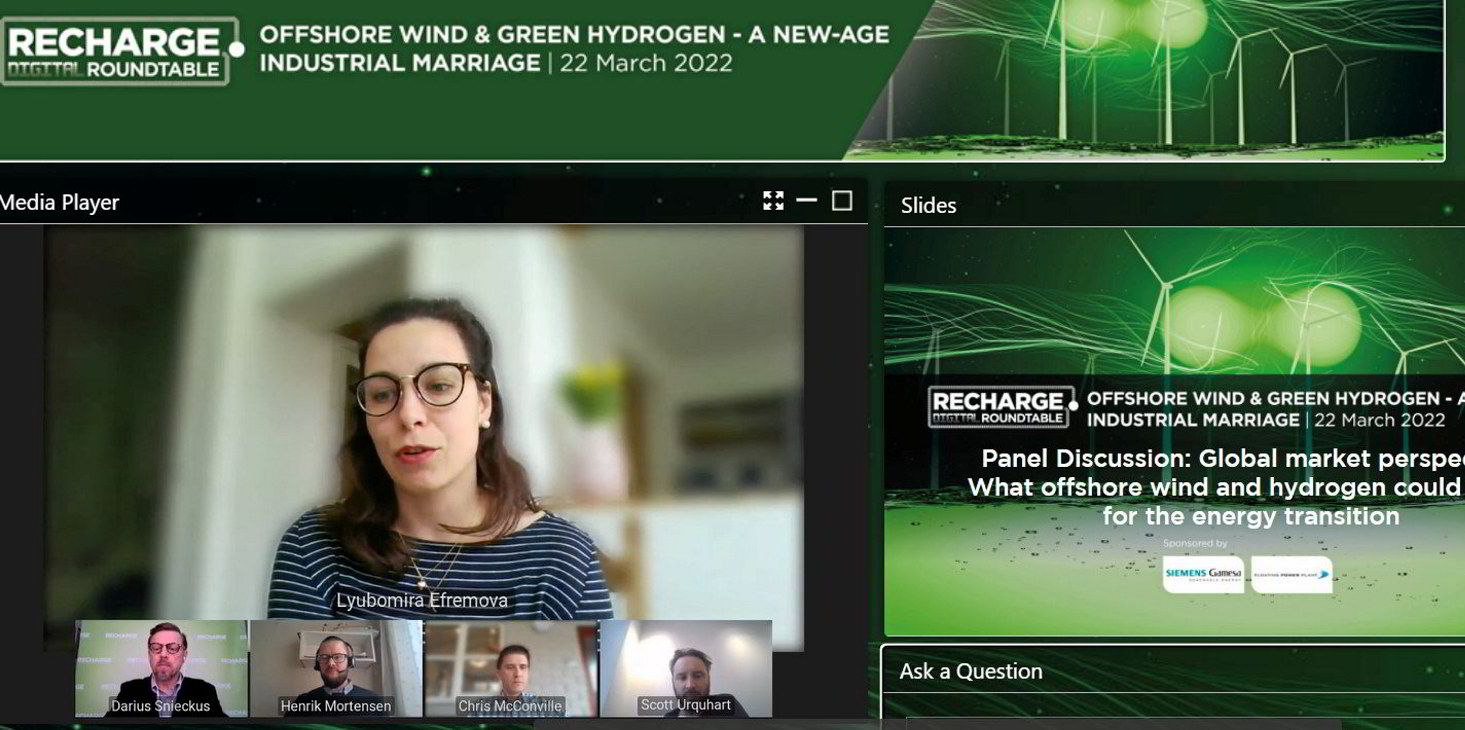EU utility federation Eurelectric has warned government leaders gathering at a European Council meeting in Brussels today (Thursday) that “distortive ad hoc interventions” into energy markets could deter investment in clean power and renewables projects, and so slow down Europe’s ability to wean itself off imported fossil fuels.
Heads of state and government during their meeting will discuss how to best mitigate the impact of rising energy prices across the EU and how to wean the continent off its dependence on Russian energy imports.
Europe currently receives almost 70% of Russia’s gas exports and approximately half of its oil, while collectively, the UK, EU and US spend more than $700m a day on Russian oil and gas.
In a letter to EU leaders, Eurelectric president Jean-Bernard Lévy insisted that electrification is the solution to reach Europe’s target to become carbon-neutral well before 2050, and will also “ensure energy sovereignty, thanks to the expansion of clean and renewable installations.”
“Direct electrification can substitute gas and oil for heating and transport purposes, thus significantly reducing our reliance on foreign powers.”
As well as efforts to speed up energy efficiency, the Eurelectric boss acknowledged that direct financial support to vulnerable energy customers or tax breaks on electricity bills can produce immediate benefits and lower the pressure on retail power prices.
“At the same time, we urge you to refrain from distortive ad-hoc interventions, which deter investment in clean and renewable energy projects, thus slowing down Europe’s exit from imported fuels,” the letter stated, adding that in any case interventions should primarily address the root cause of the current energy price increase and, if imposed at all, must be harmonised and coordinated at EU level.
EnBW diversifying sourcing
German utility EnBW when presenting its annual results yesterday strongly condemned Russia’s war against Ukraine and said it fully supports the German government’s current actions, which include efforts to source oil, gas and green hydrogen from countries other than Russia.
EnBW said the company itself has also begun diversifying its sources of supply for coal and gas.
“We now have to further accelerate the transition to carbon-neutral energy supplies in Germany for the long term,” EnBW chief executive Frank Mastiaux said.
“This applies for all investment in renewables and the hydrogen sector and for the respective necessary infrastructure, from electricity and gas grids to electric mobility.”



